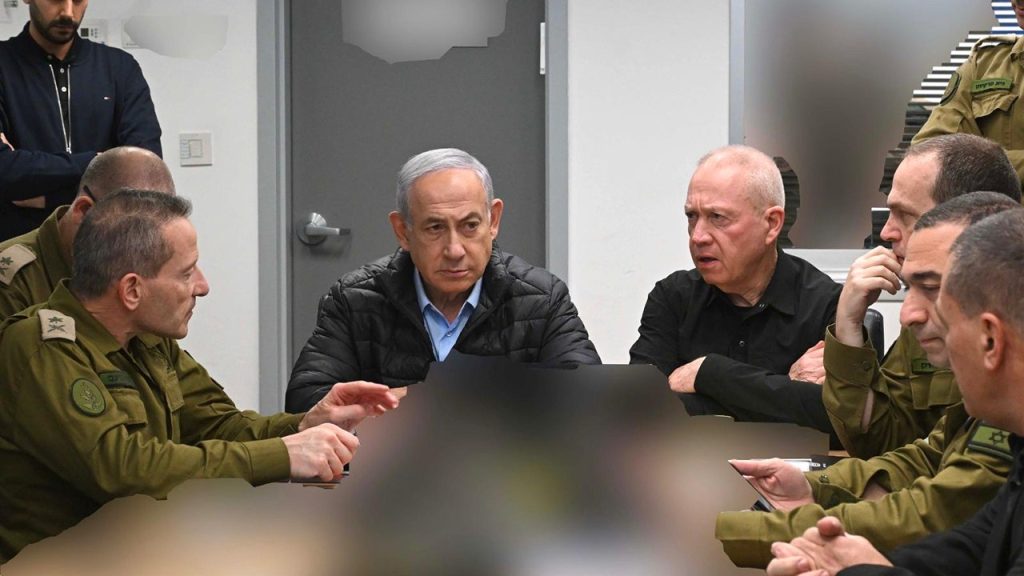In a significant escalation of tensions, Israel launched a series of retaliatory airstrikes against Iran following a missile attack on Israelis earlier in the month. The airstrikes, reportedly the largest attack by Israel on Iran in history, targeted military facilities containing missile exports, drones, ballistic missile transmitters, and Iran’s air defense systems. The Iranian Revolutionary Guard Corps headquarters in Tehran was reported to have been hit by the strikes, though this has not been independently verified. Explosions were heard near Tehran and nearby Karaj.
The Israel Defense Forces stated that the strikes were conducted in response to continuous attacks from Iran against Israel, including direct attacks from Iranian soil. Israel emphasized its right and duty to defend itself, mobilizing both defensive and offensive capabilities to protect the state and its people. The U.S. officials have been briefed on the situation and are closely monitoring developments. The U.S. was notified in advance of Israel’s plan to strike Iran but had no involvement in the operation.
Israeli Ambassador to the U.N., Danny Danon, warned that the response to Iran’s attacks would be “very painful” for the Iranian regime, sending a strong message against further aggression. The Israeli military action came after a missile attack from Iran on Israel that included more than 180 missiles, some of which were intercepted with U.S. assistance. The action was a direct response to the attack on Israel and a message to Iran about the consequences of attacking Israel in the future.
The Iranian media reported that military bases near Tehran were hit during the Israeli strikes. However, reports indicated that the situation in the Iranian capital was normal, with no fires or explosions reported at the Tehran refinery. The Iranian news agency confirmed that no significant damage or disruptions were observed at the Tehran refinery or major airports in the capital. The Israeli military targeted strikes were ongoing, with military bases in Syria also reportedly being hit during the attacks.
The Iranian Islamic Revolutionary Guard Corps justified its missile attack on Israel as retaliation for the killing of Hezbollah leader Hassan Nasrallah in Beirut and Hamas political chief Ismail Haniyeh in Tehran. Israel had eliminated Hamas leader Yahya Sinwar in a military operation just days before the retaliatory strikes. Iran’s Supreme Leader Ayatollah Ali Khamenei praised Nasrallah as a symbol of resistance, vowing to avenge his death. The attacks from both sides have escalated tensions and raised concerns about further conflicts in the region.
To bolster Israel’s defenses against potential future attacks from Iran, the U.S. deployed a THAAD missile defense system earlier in the month, with around 100 U.S. troops sent to operate the system. The U.S. Navy also released video showing ballistic missile interceptors being fired to help defend against Iranian aggression. The exchange of attacks and counterattacks between Israel and Iran highlights the ongoing conflict between the two nations and the broader tensions in the Middle East.


